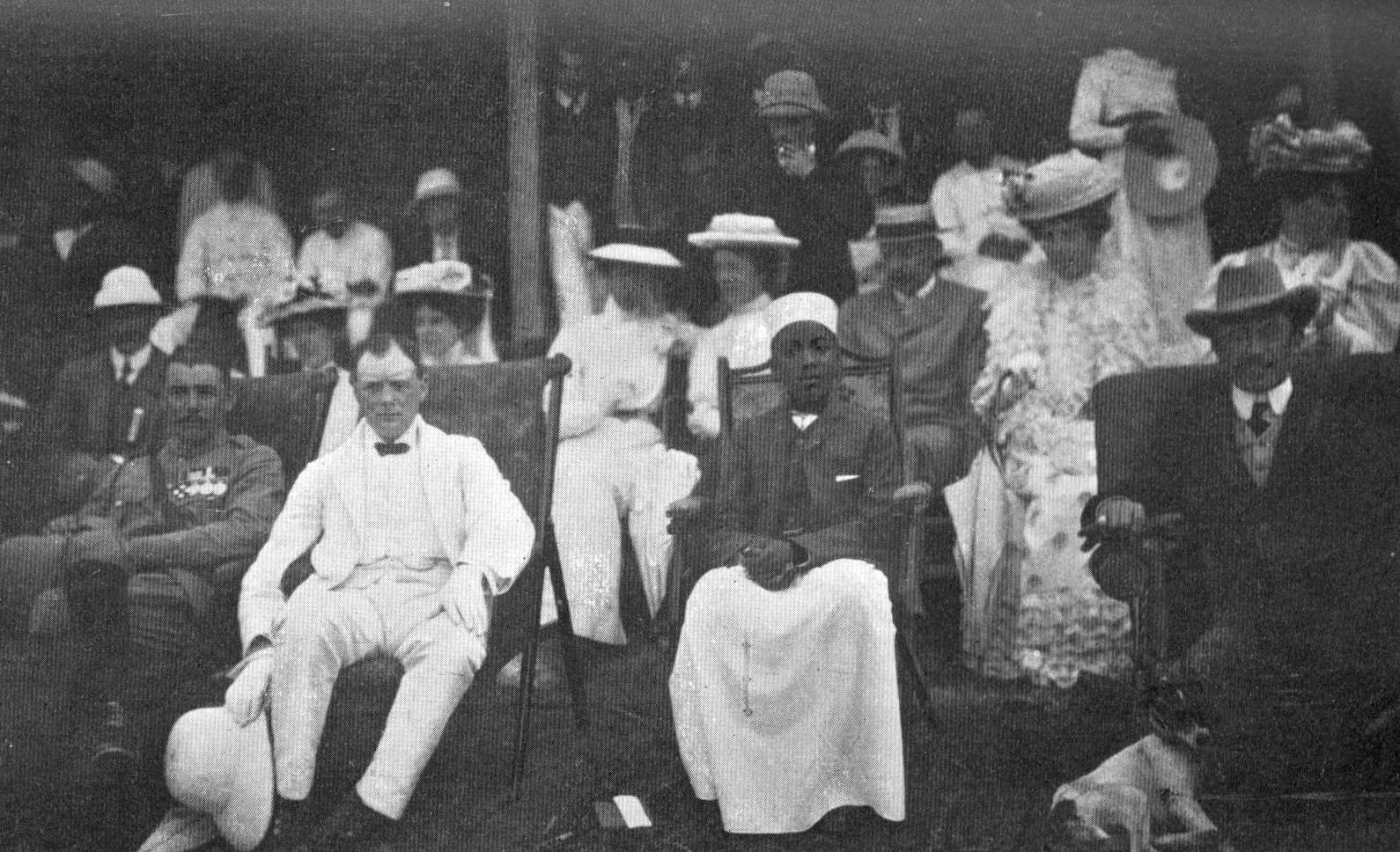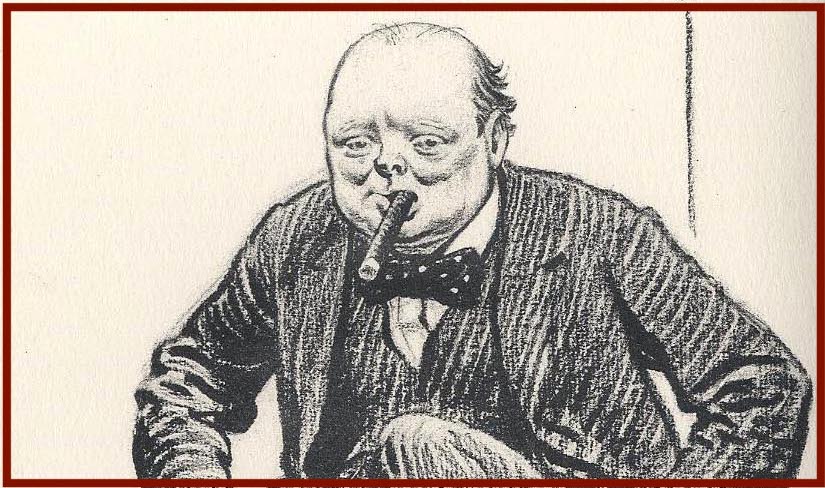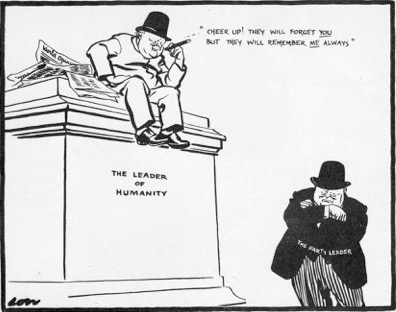
Winston Churchill, Magnanimity and the “Feeble-Minded,” Part 2
Continued from Part 1…
Youthful discretionsChurchill was born into a world in which virtually all Britons, from the Sovereign to a Covent Garden grocer, believed in their moral superiority. They preached it to their children. All learned that the red portions of the map showed where Britannic civilization had tamed savagery and cured pandemics. Churchill’s assertions, especially as a young man, were often in line with this. And yet he consistently displayed this odd streak of magnanimity and libertarian impulse.
It was Churchill, the aristocratic Victorian, who argued that Dervish enemy in Sudan had a “claim beyond the grave…no less good than that which any of our countrymen could make.”…








